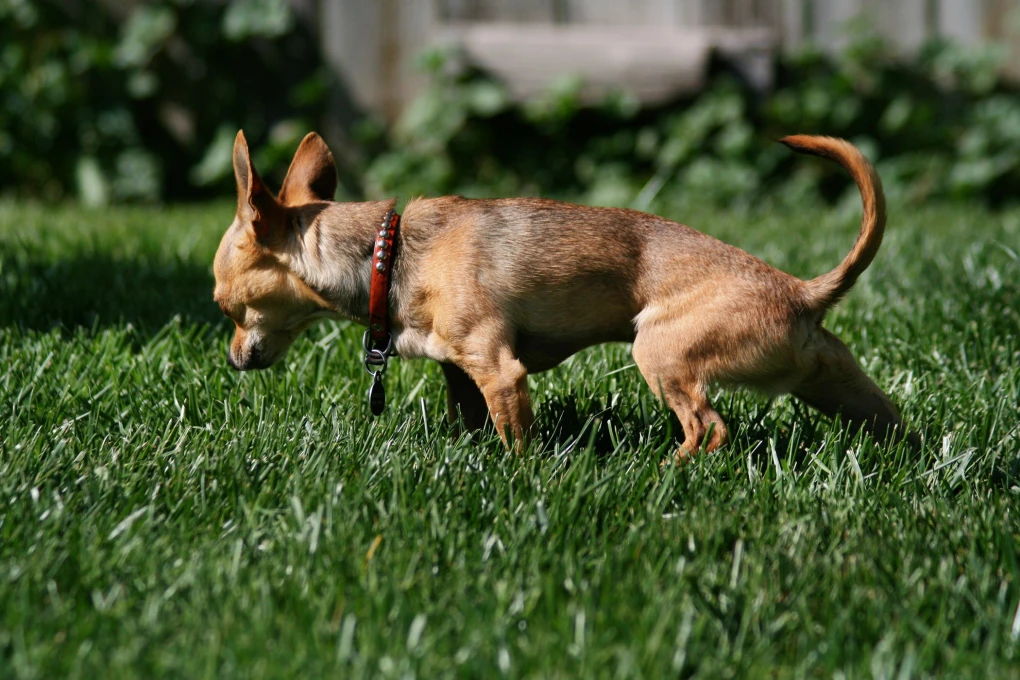Why Is My Dog Not Peeing? Understanding Dog Urinary Issues

If you've noticed that your dog is not urinating as usual or having difficulty doing so, it's important to investigate the underlying cause. Proper urination is vital for a dog's overall health, and any abnormalities should not be ignored. In this article, we'll explore the possible reasons why your dog may not be peeing, signs to watch for, and when to seek veterinary assistance.
- Urinary Tract Infections:
One common cause of a dog's reluctance to pee is a urinary tract infection (UTI). UTIs can cause pain and discomfort, leading to a decrease in urine production or difficulties in emptying the bladder. - Urinary Obstruction:
A urinary obstruction, such as the presence of bladder stones or a blockage in the urethra, can prevent urine from being eliminated properly. This condition requires immediate veterinary attention as it can be life-threatening. - Dehydration:
When dogs don't consume enough water, they may become dehydrated, resulting in reduced urine output. Dehydration can occur due to factors like hot weather, insufficient water availability, or underlying health conditions. - Medications and Side Effects:
Certain medications can affect a dog's urinary system, causing changes in urination patterns. If your dog is on any medications, consult with your veterinarian to determine if they could be contributing to the issue. - Anxiety or Stress:
Dogs can experience anxiety or stress that may interfere with their normal elimination routines. Changes in the environment, travel, or other stressful situations can lead to temporary disruptions in urination. - Other Health Conditions:
Various medical conditions, including kidney disease, bladder inflammation, tumors, or nerve damage, can impact a dog's ability to urinate normally. These conditions require thorough evaluation and diagnosis by a veterinarian. - Behavioral Factors:
In some cases, dogs may withhold urination due to behavioral issues or marking behavior. It's important to rule out any underlying medical causes before addressing behavioral concerns.
When your dog is not peeing or experiencing difficulties in urination, it's crucial to identify the underlying cause. Possible reasons range from urinary tract infections to dehydration, medication side effects, stress, or more serious health conditions. Monitoring your dog's behavior, appetite, and overall well-being is essential in determining if veterinary attention is necessary. If you observe persistent changes in urination patterns or suspect any discomfort, consult with your veterinarian for a proper diagnosis and appropriate treatment.